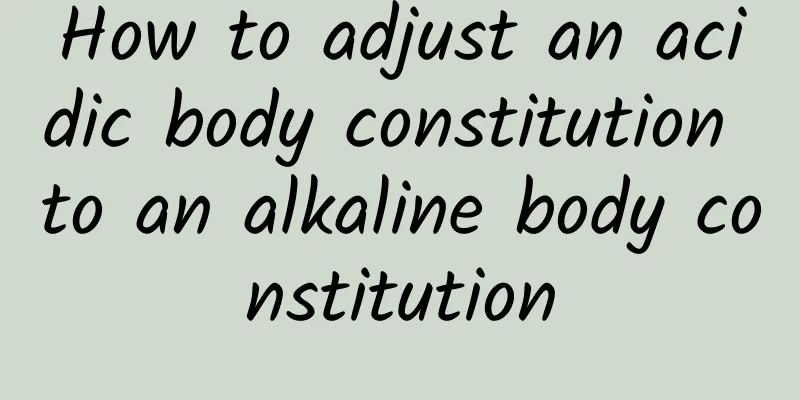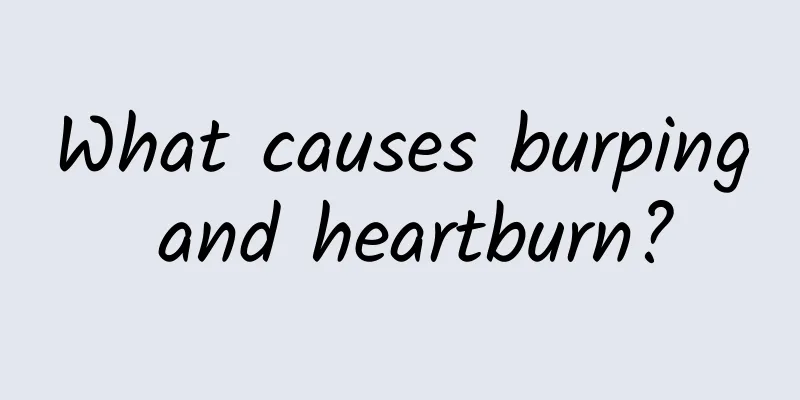Jaw snapping tinnitus

|
If symptoms such as jaw clicking and tinnitus occur at the same time, it may be a sign of temporomandibular joint disorder (TMD). Many people may not be familiar with this disease, and it does not occur often, so it is easily overlooked. If similar symptoms occur frequently, you should find out your situation as soon as possible. We can first understand the situation of temporomandibular joint disorder syndrome and make a comprehensive judgment based on our own symptoms. The main clinical manifestations of temporomandibular joint disorder syndrome include local joint soreness or pain, joint clicking and mandibular movement disorders. The pain may be located in the joint area or around the joints; it may be accompanied by tenderness of varying degrees. Joint soreness or pain is especially noticeable when chewing or opening the mouth. The snapping sound occurs when the mouth is opened. The sound can occur at different stages of mandibular movement and can be a crisp single sound or a series of fragmented sounds. Common movement obstacles include limited mouth opening, mandibular deviation when opening the mouth, and limited left and right mandibular movement. In addition, it may be accompanied by symptoms such as temporal pain, dizziness, and tinnitus. treat 1. Drug treatment: (1) Nonsteroidal anti-inflammatory drugs: NSAIDs exert analgesic and anti-inflammatory effects by inhibiting cyclooxygenase, thereby preventing arachidonic acid from synthesizing inflammatory and pain mediators prostaglandins. (2) The purpose of glucosamine sulfate drug treatment for osteoarthritis is to eliminate inflammation and relieve pain. Although there is currently no drug that can definitely inhibit or repair the degeneration of joint tissue and articular cartilage, evidence suggests that glucosamine sulfate may be a drug that can simultaneously improve osteoarthritis symptoms and joint structure. (3) Opioid analgesics. (4) Antidepressants. (5) Anticonvulsant drugs. (6) Corticosteroids. 2. Non-drug treatment (1) First, the influence of mental factors must be eliminated. If necessary, a psychiatrist should be consulted to develop a treatment plan and conduct psychological-behavioral therapy; (2) Correcting occlusal relationships and bad habits, such as excessive mouth opening and unilateral chewing; (3) Other non-drug treatments, such as nerve stimulation therapy, nerve block therapy, surgical treatment, physical therapy, traditional Chinese medicine acupuncture therapy, etc. |
<<: I broke my jaw and it hurts after getting stitches. Why?
>>: Endometrial polyp shedding
Recommend
What should you not eat if you have atopic dermatitis? Get well soon
Appropriate dietary restrictions must be observed...
Early symptoms of gout
The disease of gout is actually quite familiar to...
Hypospadias in little boy
Everyone has a urethral opening, no matter whethe...
Reasons for constant chest tightness and shortness of breath
Nowadays, the most popular word is "depresse...
Should I take Maca in the morning or at night?
When taking a Chinese herbal medicine like Maca, ...
Diet therapy for solar dermatitis
Bathing in the sun is a very enjoyable thing, but...
How to treat otitis media and tinnitus? Traditional Chinese medicine remedies are effective
The ear is one of the important organs in our bod...
What causes acute encephalitis?
Acute encephalitis, also known as acute meningiti...
Chrysanthemum water can remove acne
In order to eliminate acne on the face, many frie...
Pain on the outer right thigh of a woman
Pain on the outer side of a woman's right thi...
What are the symptoms of Parkinson's?
Everyone wants good health, but with age, many di...
Why do I have acne in the middle of my chin?
Many people are prone to acne on their chins, whi...
How to remove dental plaque, a few tips
Most people do not take proper care of their oral...
Effects of Aloe Vera
The term aloe vera is quite common in daily life,...
The hives are no longer itchy but are red
The disease of urticaria has certain symptoms, wh...









